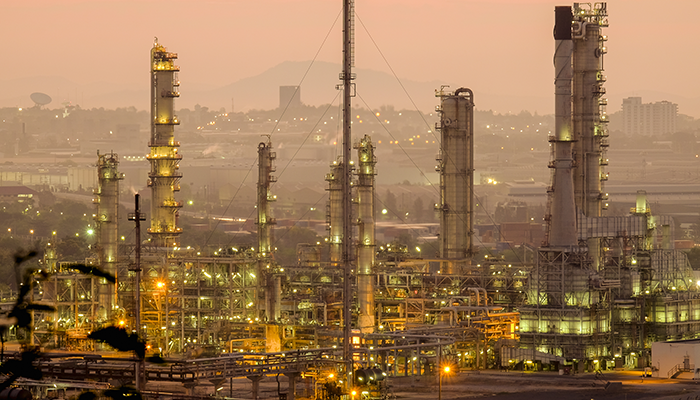Speaking at the Arab Fiscal Forum, IMF managing director Kristalina Georgieva said the IMF projects the Arab world’s GDP will shrink by 5% in 2020, with a partial rebound of 3.2% expected in 2021.
The region is not expected to reach its 2019 GDP level until the end of 2022, and Covid-19 is expected to result in a loss of $900bn of output by 2025 compared with pre-pandemic projections.
Trade and tourism have fallen, lockdown measures continue to suppress local economic activity, and sluggish oil demand means less revenue for many of the region’s governments, some of which are heavily reliant on fossil fuel sales.
The region’s economic recovery will depend on some of these factors, as well as progress on vaccines, Georgieva said.
The IMF head said “extraordinary” fiscal and monetary policy measures already undertaken by governments, such as the rapidly expanded cash payment programme in Egypt, mobile payments for informal workers in Morocco and widened welfare coverage in Tunisia, must be built upon to cement the recovery.
“Continued action is important, because medium-term economic scarring from the crisis could be deep,” she said.
“The region’s large exposure in the hard-hit services sector, strained corporate balance sheets, low ability to work from home and dependence on remittances could all hurt the recovery.”
Georgieva said schemes to support businesses and workers should be paid for through raising revenue in the medium term, by increasing tax compliance, by making taxes more progressive and by improving revenue administration where it is weak.
She also said spending should be more efficient, and urged governments to gradually remove fuel subsidies, reduce non-priority spending and “rationalise” public wage bills.
Although some Arab countries are resource-rich, others are among the poorest in the world and Georgieva pointed to the recent G20 agreement on a framework for debt treatment and restructuring as an option for those that need it.














